Premier League’s Most Stressful Managerial Jobs in 2025/26 – Ranked from Least to Most
Managing a Premier League club has never been a job for the faint of heart. In a world where media scrutiny is relentless, fan patience is limited, and boardroom expectations are sky-high, the pressure on top-flight managers can border on the unbearable. Yet not all posts are created equal.
Some clubs offer stability, long-term vision, and supportive ownership. Others are defined by chaos—frequent managerial sackings, financial uncertainty, and the overwhelming need to deliver immediate results. Using a newly published "Manager Stress Index," compiled by Oddspedia and based on multiple pressure-related factors, we now have a quantifiable look at the most and least stressful roles in the Premier League this season.
Factors considered include pressure from owners and boards, intensity of fan expectation, media scrutiny, squad demands, and performance requirements. While managers like Thomas Frank at Brentford enjoy relative calm, others, such as Ruben Amorim at Manchester United, operate in pressure cookers ready to boil over.
Here is the full ranking of all 20 Premier League managerial positions in the 2025/26 season, from the least to the most stressful—according to data and expert analysis.
#20 – Brentford (Stress Index: 13.189)

Brentford offers what is arguably the most sustainable and stress-free managerial job in the league. Thomas Frank benefits from stable ownership, minimal relegation pressure, and a fanbase that appreciates consistent mid-table finishes rather than chasing unrealistic ambitions. A well-run club with a clear structure.
#19 – Arsenal (Stress Index: 15.921)
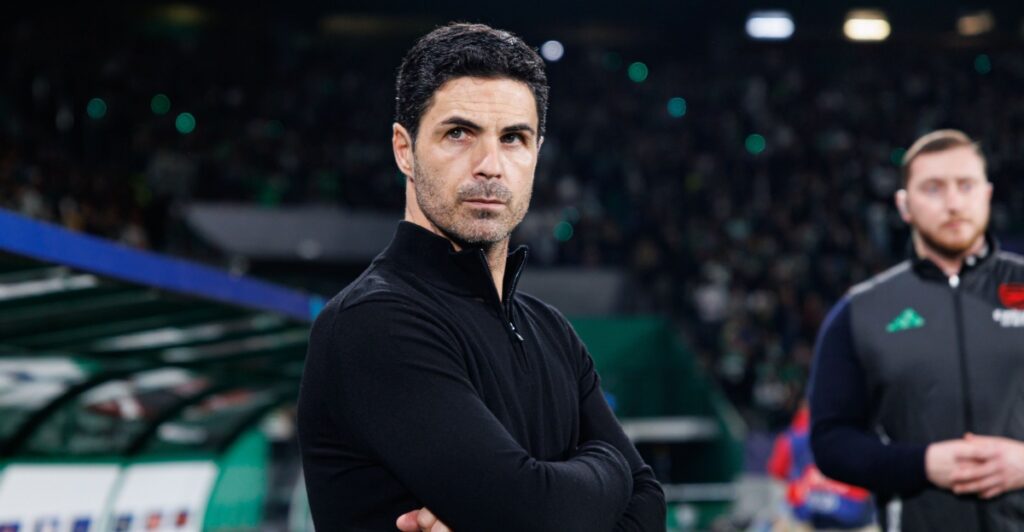
Despite operating at the top of the table, Mikel Arteta faces relatively low internal pressure compared to rivals. While fans crave silverware, the board has shown remarkable patience. However, after significant transfer investment in recent years, expectations may soon shift dramatically.
#18 – Bournemouth (Stress Index: 17.061)
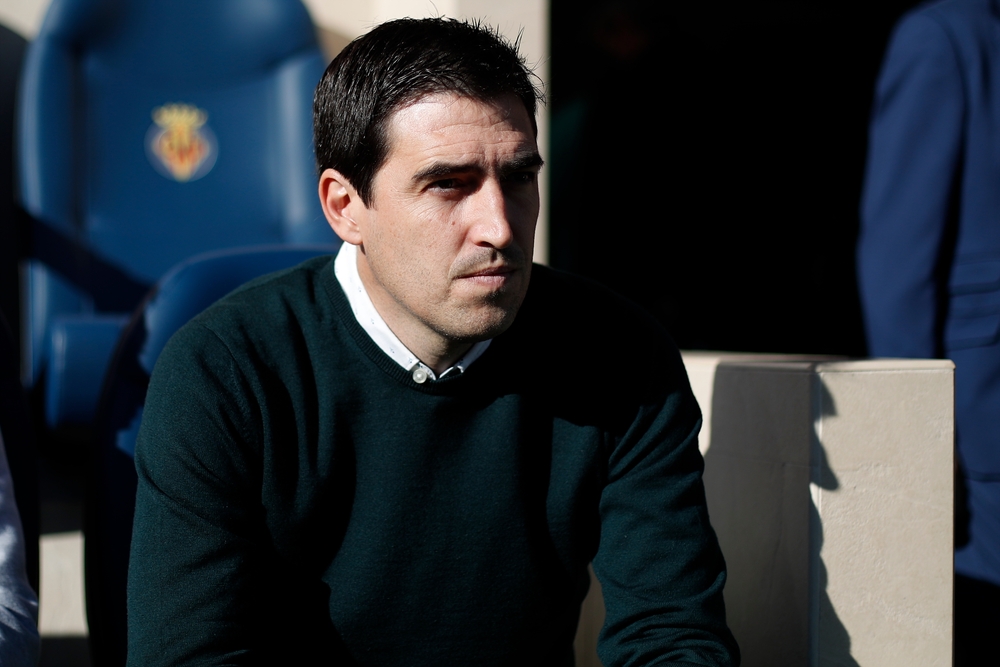
Another club with modest ambitions and a long-term approach. Bournemouth's hierarchy remains focused on Premier League survival and gradual development, meaning Andoni Iraola operates in a relatively forgiving environment—even amid occasional dips in form.
#17 – Manchester City (Stress Index: 17.625)
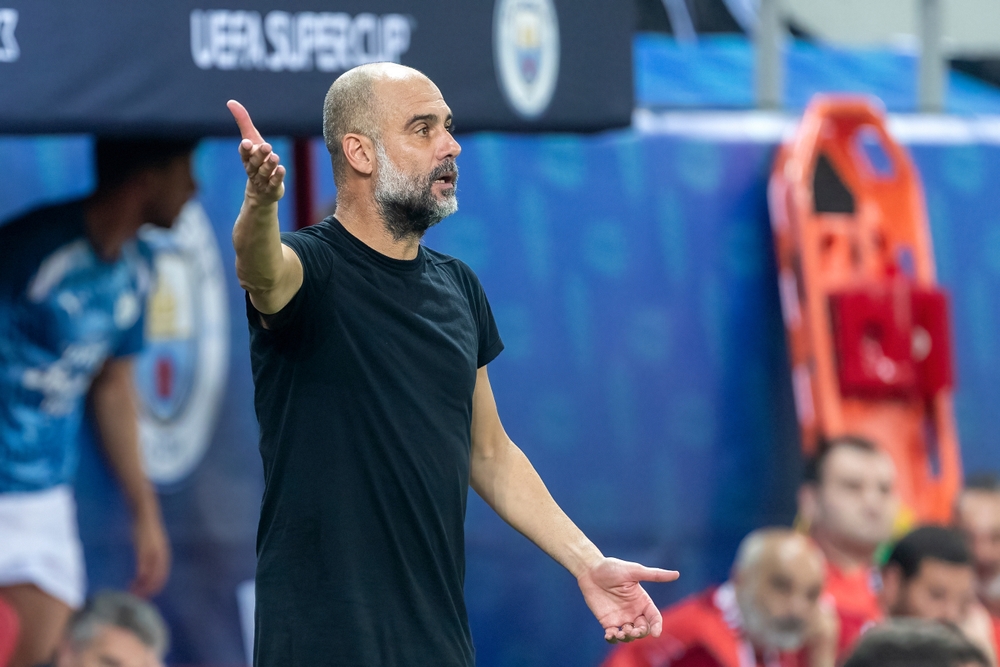
Pep Guardiola may lead one of the biggest clubs in the world, but when you’re winning everything and backed by bottomless funds, pressure becomes more about perfection than survival. City’s financial muscle and squad depth significantly buffer managerial stress.
Read also: Europa League 2025/26 Prize Money: Every Stage Ranked from Lowest to Highest
#16 – Crystal Palace (Stress Index: 17.989)
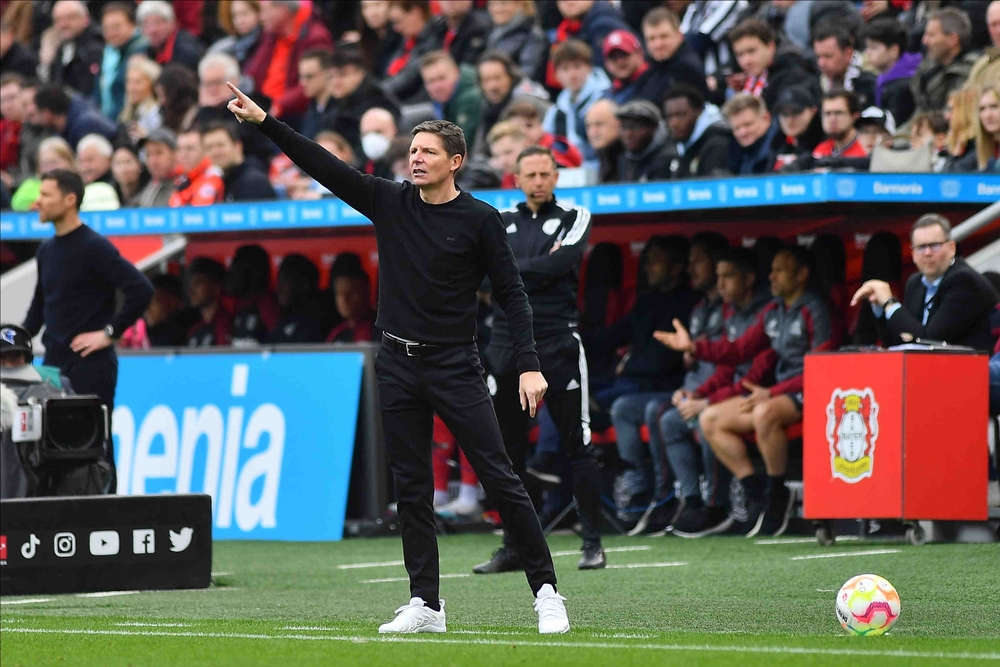
With chairman Steve Parish known for his supportive, level-headed leadership, Crystal Palace remains one of the calmer environments in English football. New boss Oliver Glasner has delivered strong cup runs, and fan expectations remain realistic.
#15 – Liverpool (Stress Index: 18.982)
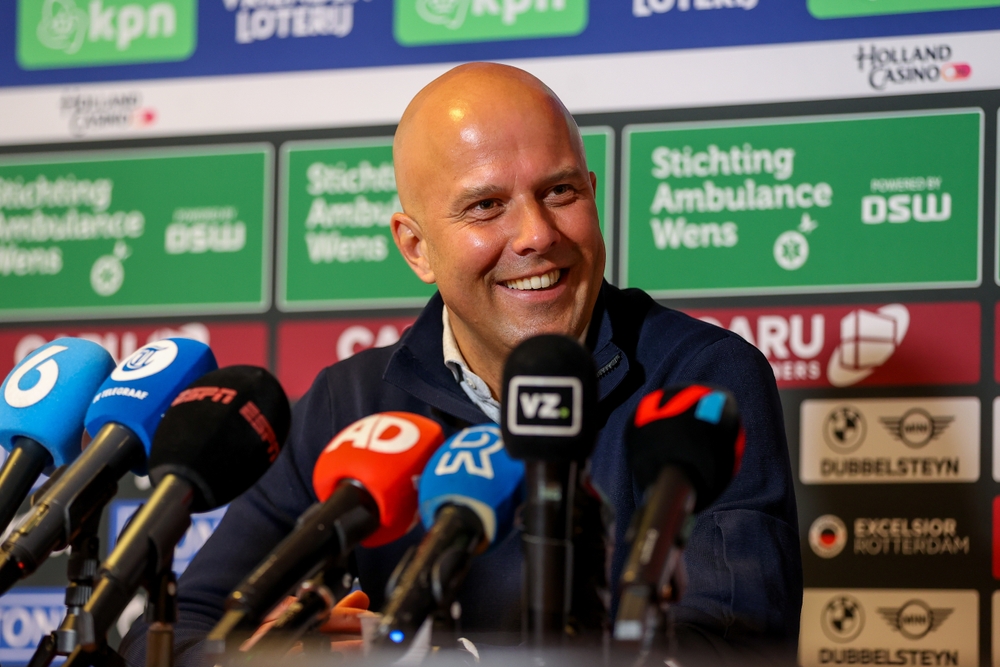
Liverpool's stability and tradition of backing managers make this job more rewarding than most. Arne Slot inherited a well-built squad, fresh off a title win, and continues to receive strong support from both the board and a loyal fanbase still steeped in the legacy of Shankly and Klopp.
#14 – Fulham (Stress Index: 19.446)
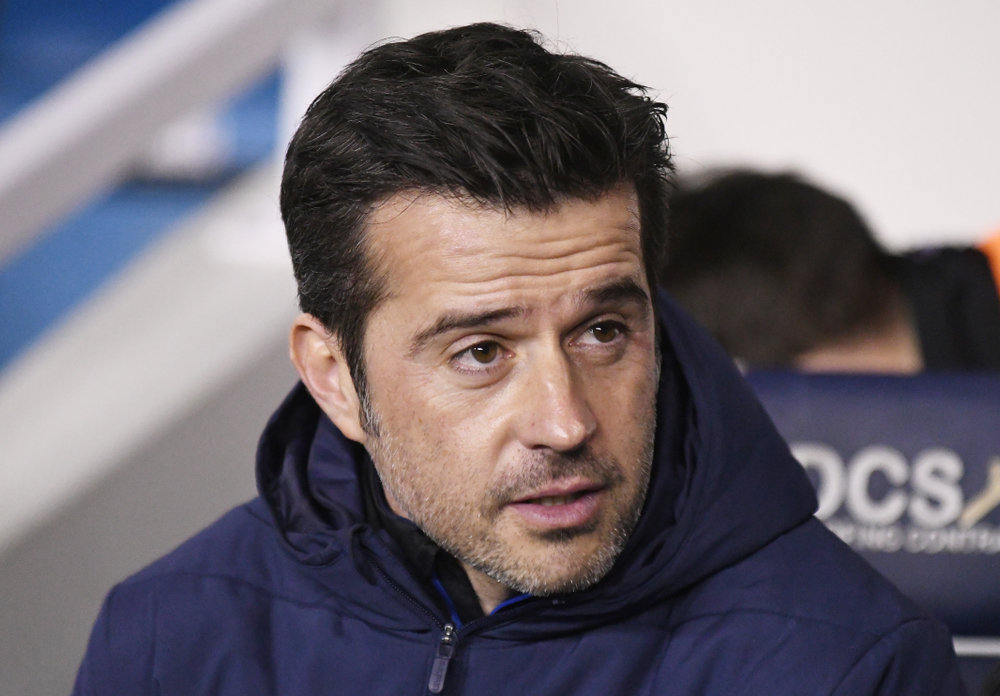
At Craven Cottage, Marco Silva works within a patient ownership model that values gradual progress. The club is happy to remain competitive in the mid-table range, and although the squad has limitations, the expectations are not crushing.
#13 – Brighton & Hove Albion (Stress Index: 19.500)
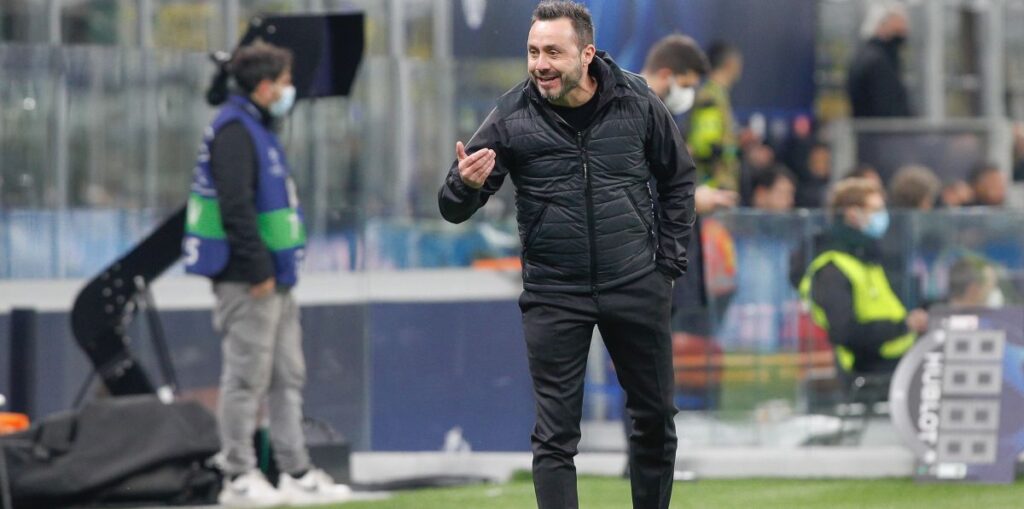
Brighton is a model of modern football operations. With data-driven recruitment and a conveyor belt of talented staff and players, the pressure on the manager is eased by structural competence and realistic goals. Roberto De Zerbi (or any successor) benefits greatly from this setup.
Read also: The Definitive Ranking of All 102 Major Transfers from the 2025 Summer Window - Ranked
#12 – Aston Villa (Stress Index: 21.114)
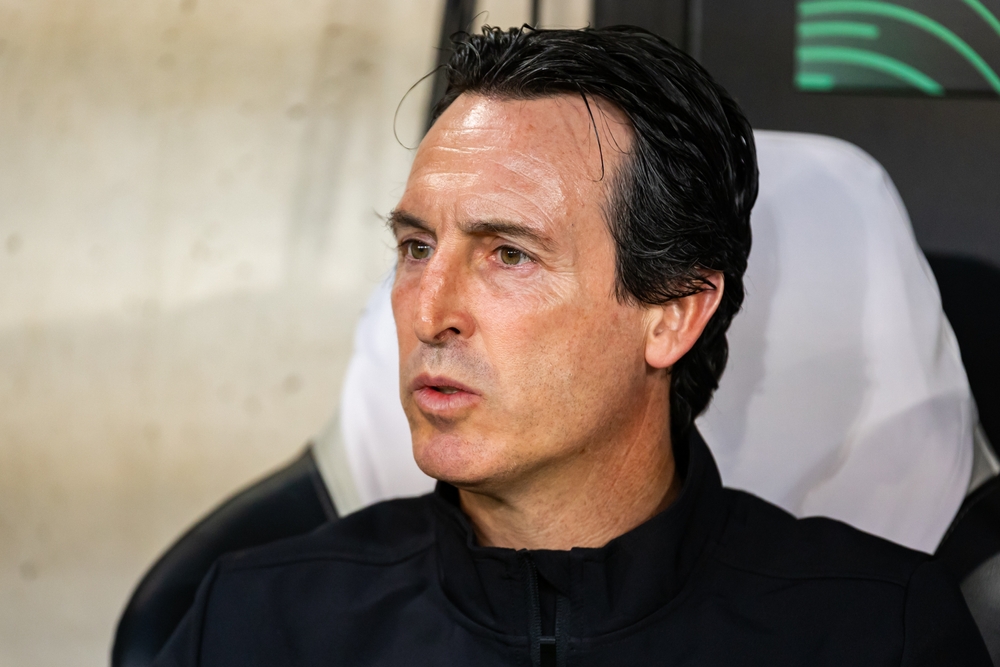
Unai Emery’s job is deceptively complex. While the board has shown ambition, strict spending rules and European competition obligations add multiple layers of pressure. Cracking the league’s top six while balancing squad rotation is no easy task.
#11 – Everton (Stress Index: 23.689)
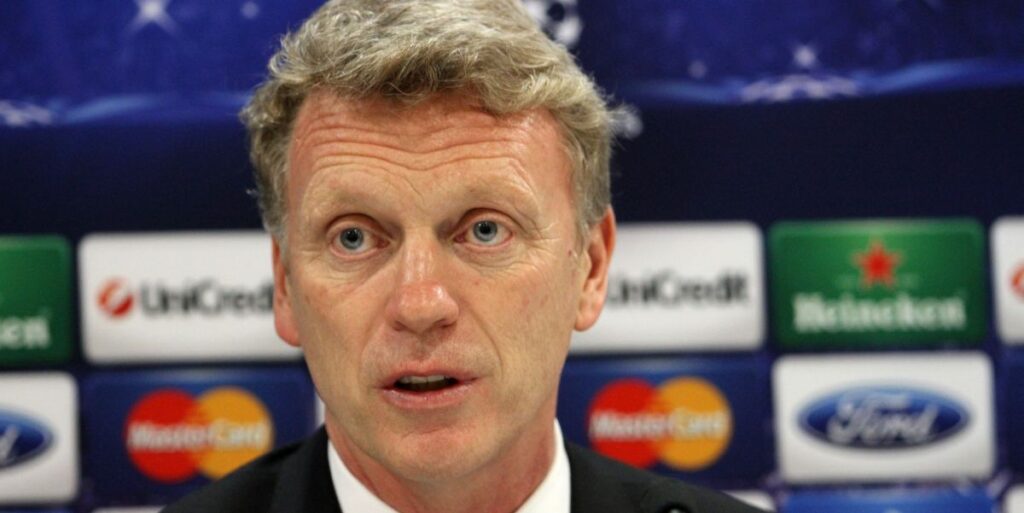
Everton’s new ownership, a looming stadium move, and high fan expectations have turned what was once a stable post into a high-pressure job. David Moyes, back for a second stint, faces the challenge of rebuilding both form and faith in a club that has flirted with relegation too often.
#10 – Chelsea (Stress Index: 23.739)
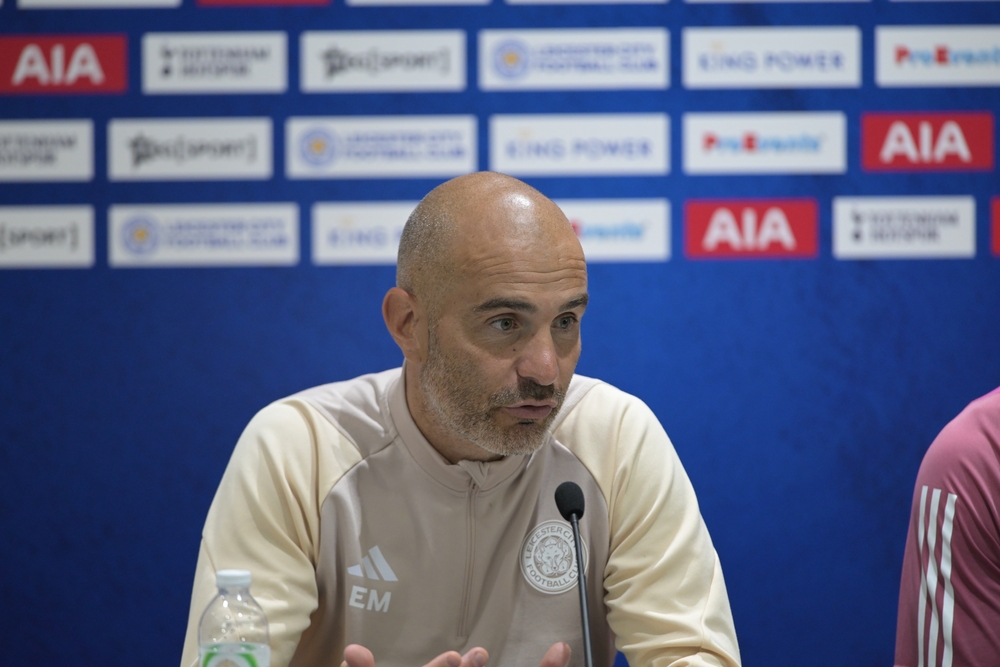
No club places more pressure from the top down than Chelsea. Since Todd Boehly's arrival, the Blues have set records for transfer spending—yet managerial patience has vanished. Enzo Maresca currently walks the line between tactical progress and financial expectation.
#9 – Nottingham Forest (Stress Index: 23.746)

Forest owner Evangelos Marinakis is known for his lack of managerial tolerance. Dismissing Nuno Espírito Santo despite European qualification illustrates the harsh standard at the City Ground. Every match feels like a job interview with the chairman.
Read also: Inside Football’s Most Expensive Squads: Who Tops the List?
#8 – Tottenham Hotspur (Stress Index: 23.821)
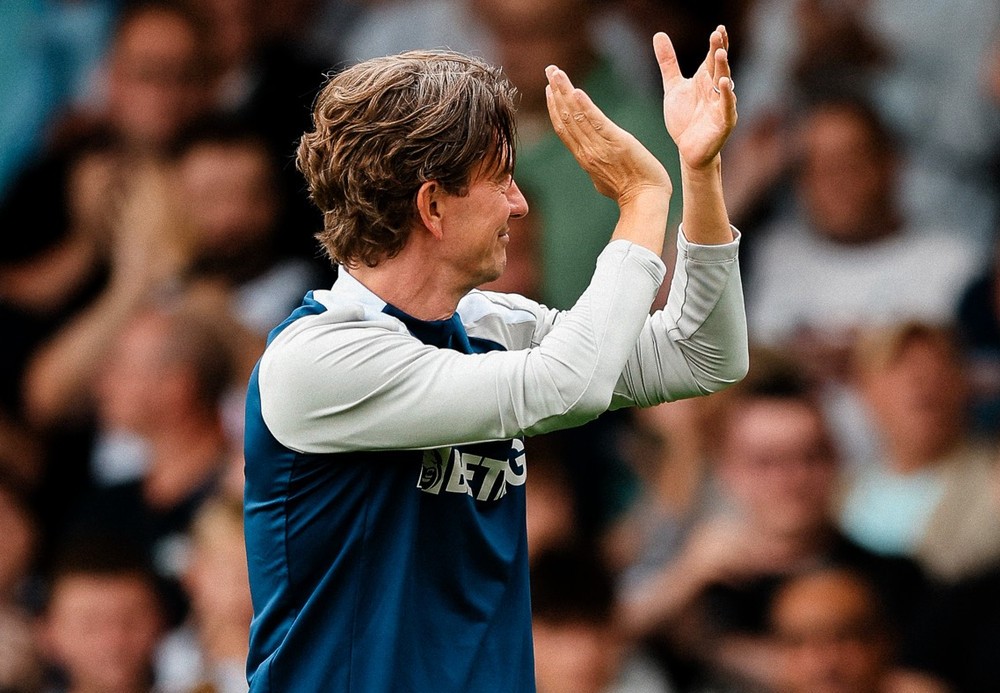
With a long history of coming close but never quite succeeding, Spurs managers inherit a cultural weight of disappointment. Internal demands for silverware remain sky-high, and even impressive football isn’t enough without trophies to show for it.
#7 – Newcastle United (Stress Index: 24.593)
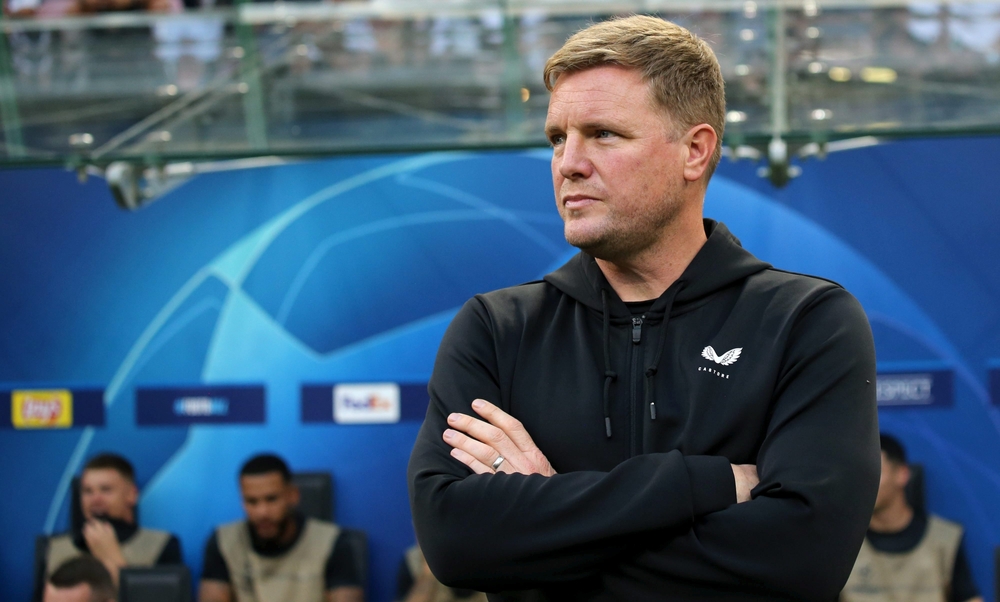
The Saudi-backed project has brought expectation, scrutiny, and spending in equal measure. Eddie Howe now has to manage a large squad, appease a passionate fanbase, and justify the investment with Champions League football and eventual trophies.
#6 – Burnley (Stress Index: 25.218)
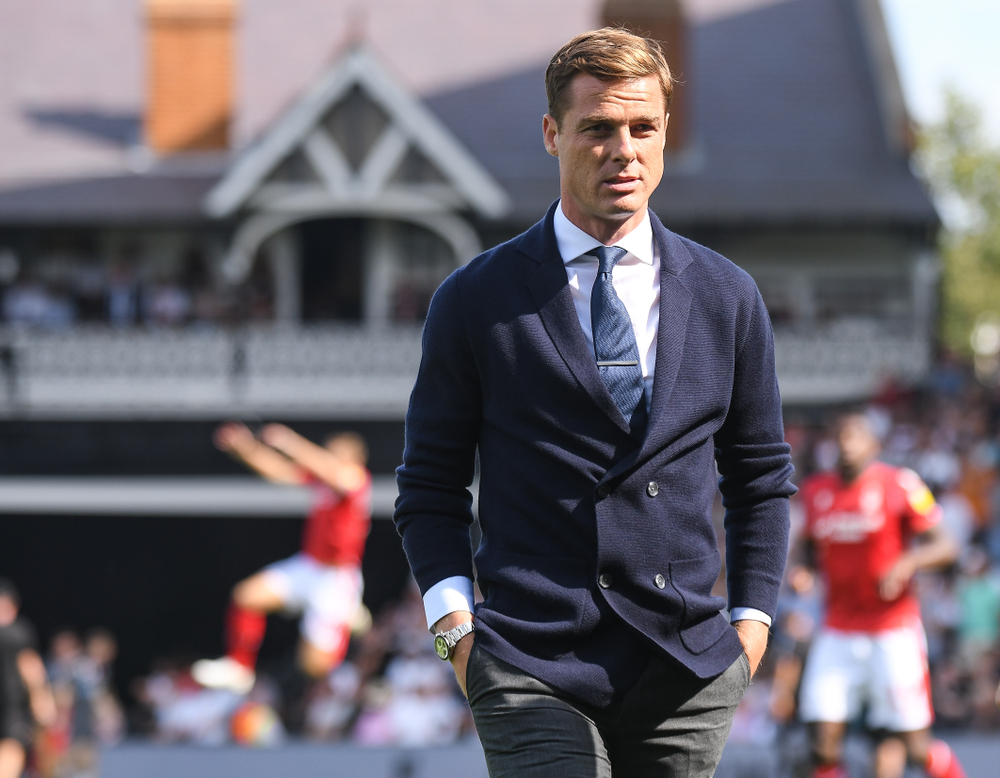
Back in the Premier League and fighting for survival, Burnley’s manager (Scott Parker, at the time of writing) carries immense pressure. Staying up is non-negotiable, and limited resources only make the task more daunting. A job built on resilience, not comfort.
#5 – West Ham United (Stress Index: 26.332)
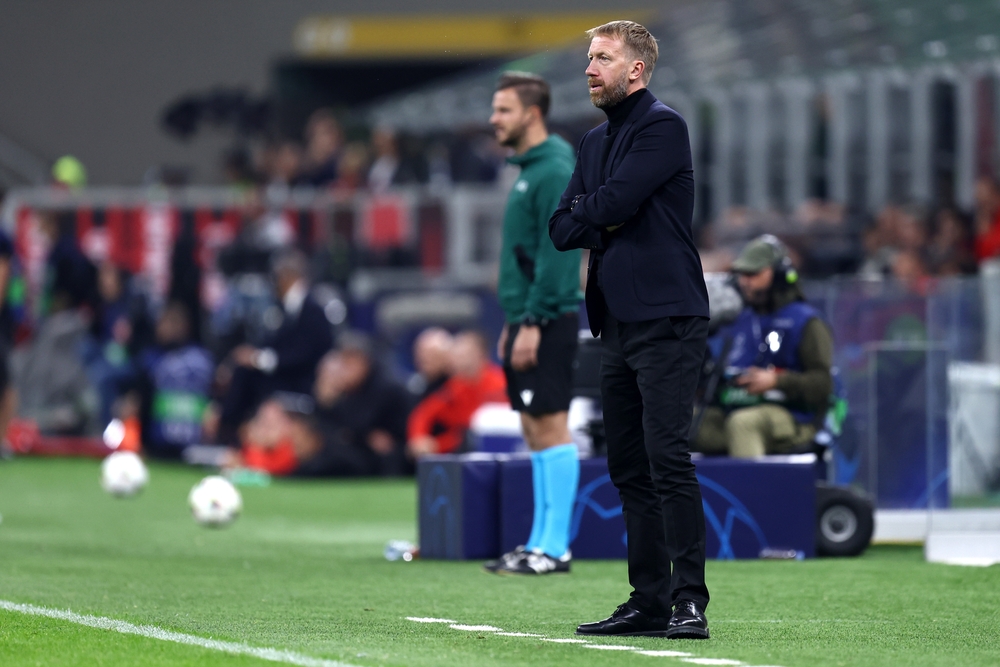
Graham Potter took the helm with clear European ambitions but inherits a restless fanbase and demanding ownership. Balancing domestic form, continental competition, and the weight of post-Moyes expectations has made this one of the toughest jobs in the capital.
Read also: The 10 F1 Teams with the Biggest Budgets - Ranked
#4 – Wolverhampton Wanderers (Stress Index: 26.757)
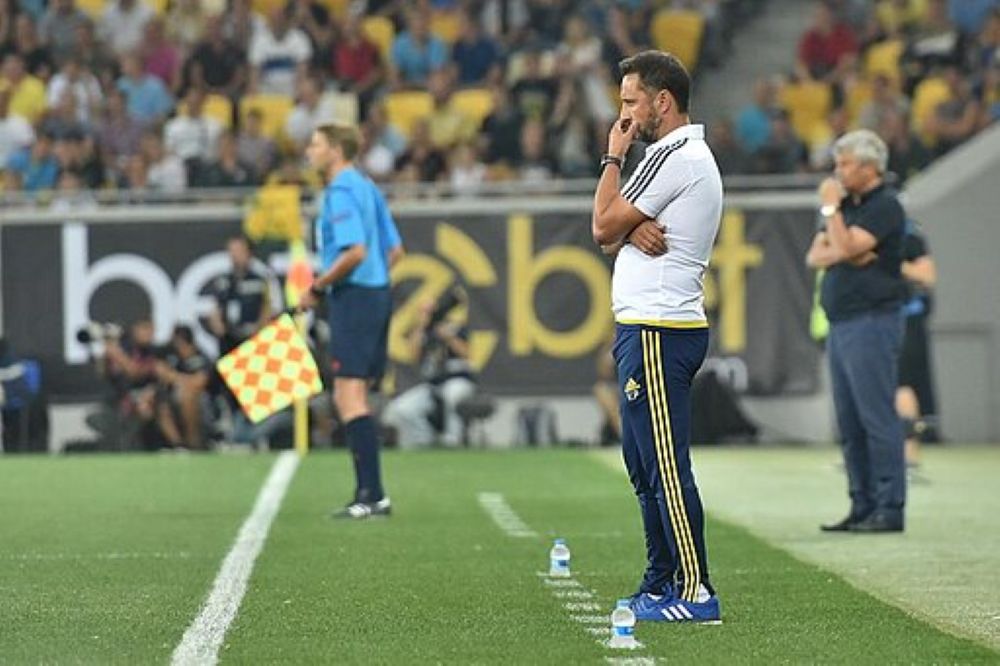
Wolves face constant upheaval, with managerial turnover and player sales year after year. Vítor Pereira must build continuity from instability, navigating the league with a squad that changes more often than the tactics board.
#3 – Sunderland (Stress Index: 27.350)

One of the newly promoted sides, Sunderland brings a weight of expectation built on nostalgia and local pride. The club hasn’t survived a top-flight season in two decades, yet fans demand a return to their “rightful place” in the league. A difficult debut season awaits.
#2 – Leeds United (Stress Index: 27.925)
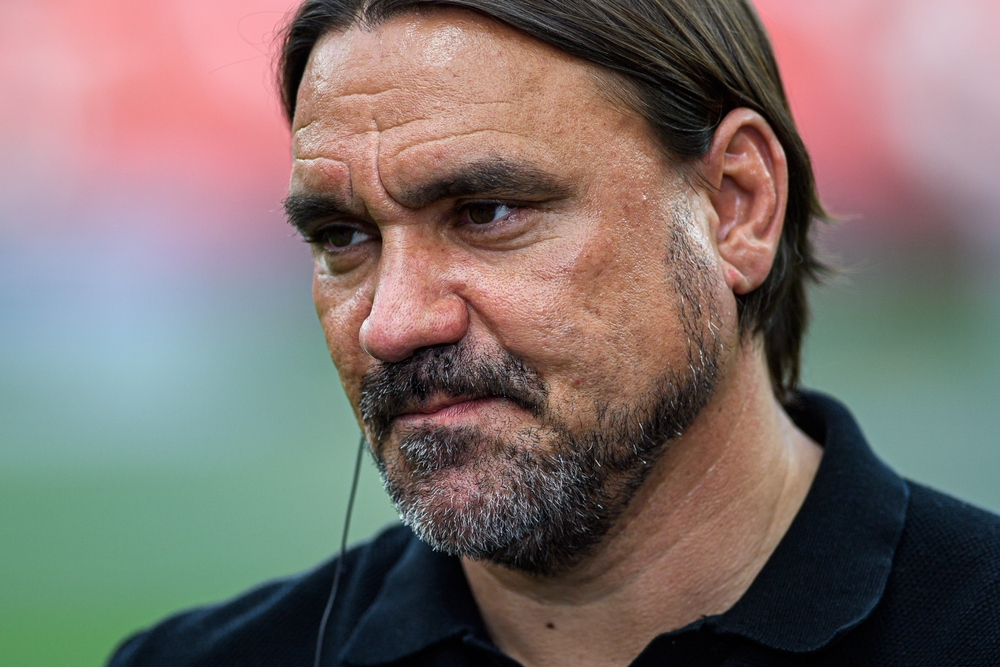
Leeds, another promoted side, offers no margin for error. Ownership expects survival as a minimum, with ambitious plans to re-establish the club among England’s elite. History, pride, and a fiercely vocal fanbase intensify the pressure tenfold.
#1 – Manchester United (Stress Index: 29.000)
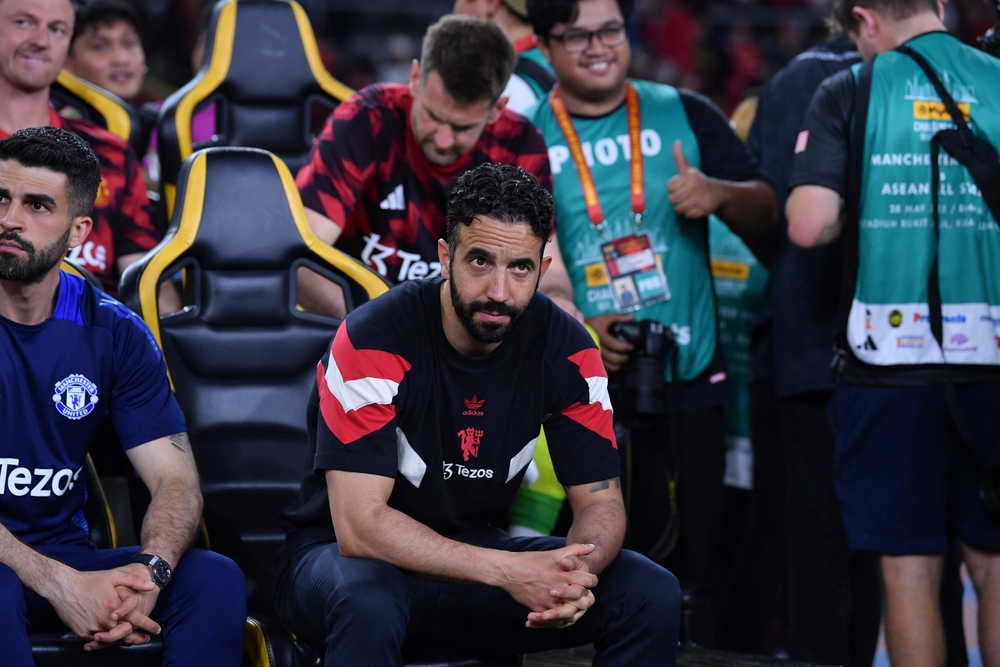
Ruben Amorim occupies what is officially the most stressful job in the Premier League. Following the club’s worst-ever finish in 2024/25 and a fanbase of over 280 million worldwide, even minor dips become front-page crises. Tactical inflexibility and mounting results pressure mean this role remains, by some margin, the hardest job in English football.




